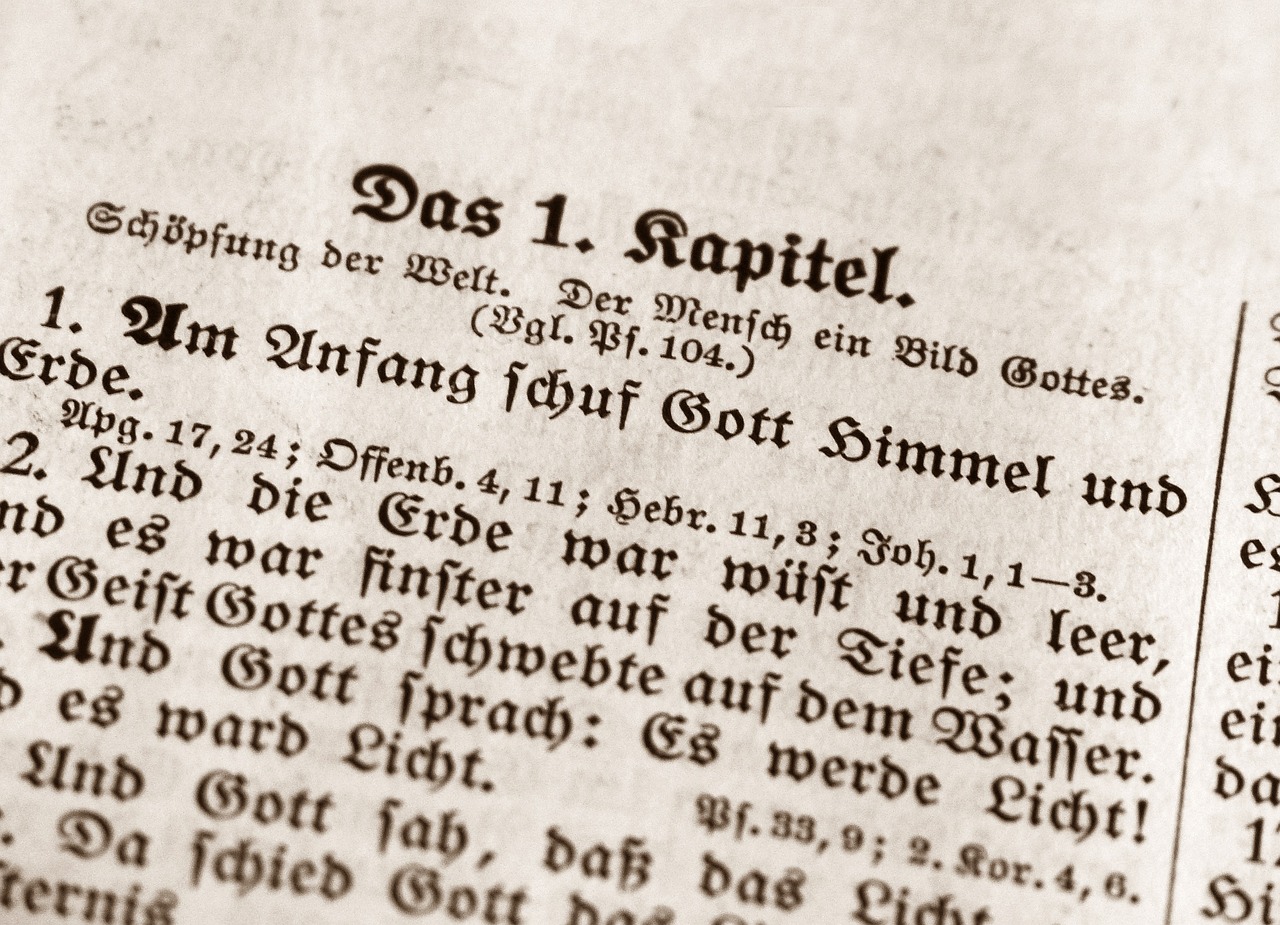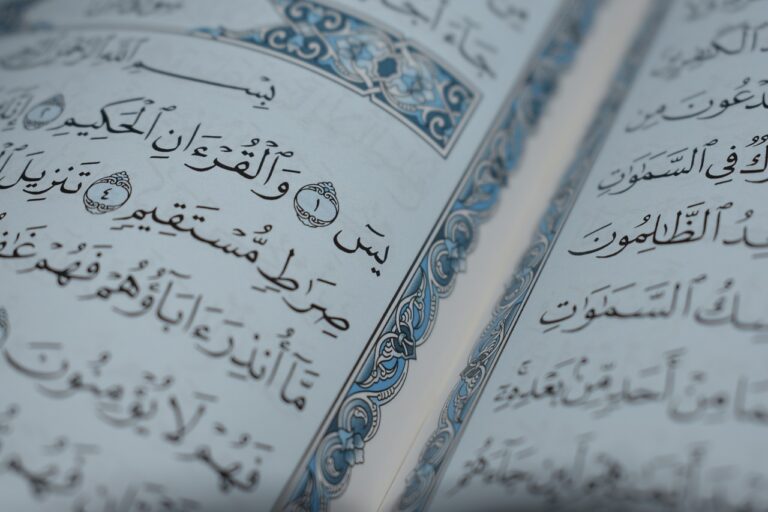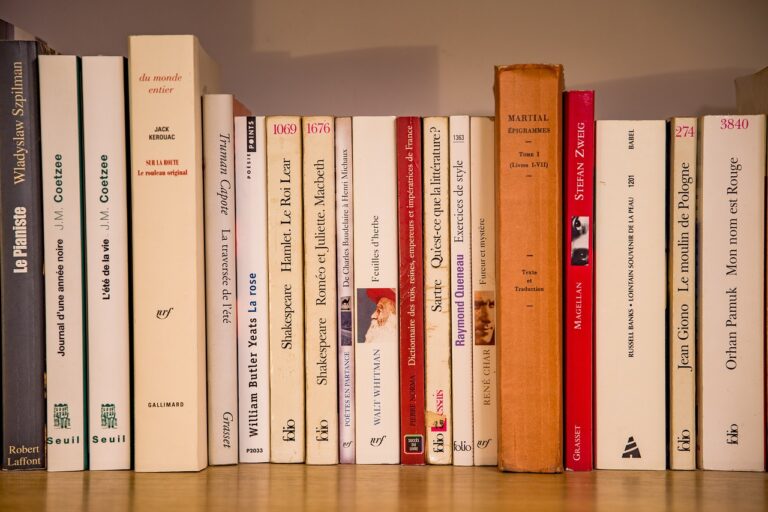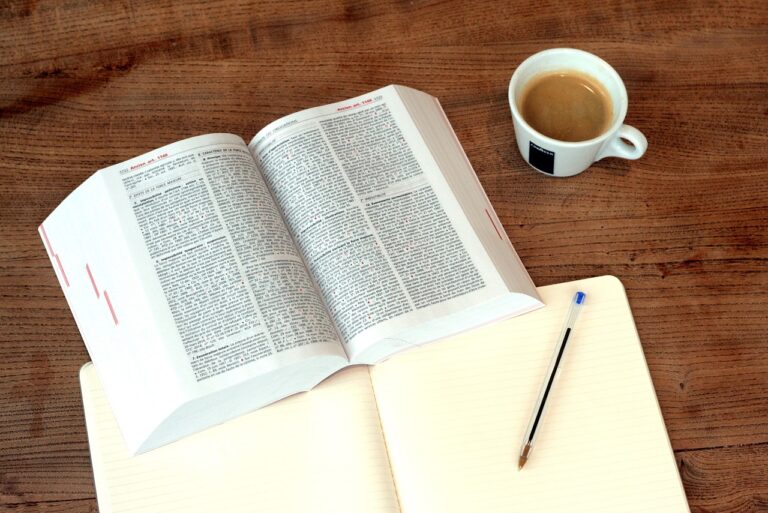Exploring the Role of Art Therapy in Early Childhood Development and Self-Expression: 11xplay sign up, Laser247 com, World777 register
11xplay sign up, laser247 com, world777 register: Art therapy is a powerful tool that can help children express themselves, explore their emotions, and develop important skills. In early childhood, art therapy can play a crucial role in fostering creativity, self-awareness, and emotional intelligence. Let’s take a closer look at the benefits of art therapy in early childhood development.
Exploring Emotions Through Art
One of the key benefits of art therapy for young children is its ability to help them explore and express their emotions. Children may not always have the words to articulate how they are feeling, but through art, they can create visual representations of their emotions. This can help them process their feelings and develop a deeper understanding of themselves.
Encouraging Creativity and Imagination
Art therapy also provides children with a safe space to explore their creativity and imagination. By engaging in creative activities such as drawing, painting, and sculpting, children can tap into their artistic abilities and learn to think outside the box. This can help foster a sense of innovation and problem-solving skills that are essential for success in school and beyond.
Developing Fine Motor Skills
In addition to promoting emotional expression and creativity, art therapy can also help children develop important fine motor skills. Activities such as cutting, pasting, and coloring can help children improve their hand-eye coordination, dexterity, and control. These skills are not only important for artistic endeavors but also for everyday tasks such as writing and dressing themselves.
Building Self-Confidence
Art therapy can also boost children’s self-confidence and self-esteem. When children create art, they are able to see tangible evidence of their abilities and accomplishments. This can instill a sense of pride and confidence in their own skills and talents. Additionally, the supportive and non-judgmental environment of art therapy can help children feel valued and accepted, further boosting their self-esteem.
Enhancing Social Skills
Art therapy sessions often involve group activities and collaborative projects, which can help children develop important social skills such as communication, teamwork, and cooperation. By working together with their peers to create art, children learn how to share ideas, listen to others, and resolve conflicts. These social skills are essential for building positive relationships and navigating social situations as they grow older.
FAQs About Art Therapy for Early Childhood Development
Q: Is art therapy only for children with emotional or behavioral issues?
A: No, art therapy can benefit all children, regardless of whether they have specific challenges or not. It can be a valuable tool for promoting emotional well-being, creativity, and self-expression.
Q: How often should children participate in art therapy sessions?
A: The frequency of art therapy sessions can vary depending on the needs and preferences of the child. Some children may benefit from weekly sessions, while others may only need occasional sessions.
Q: Can parents participate in art therapy sessions with their children?
A: In some cases, parents may be invited to participate in art therapy sessions with their children. This can help strengthen the parent-child bond and provide additional support for the child’s emotional development.
In conclusion, art therapy can play a vital role in early childhood development by promoting emotional expression, creativity, fine motor skills, self-confidence, and social skills. By incorporating art therapy into a child’s routine, parents and caregivers can help children explore their emotions, build important skills, and nurture their creativity.







